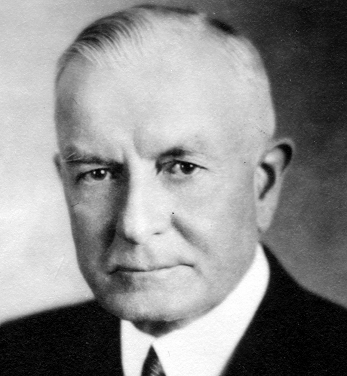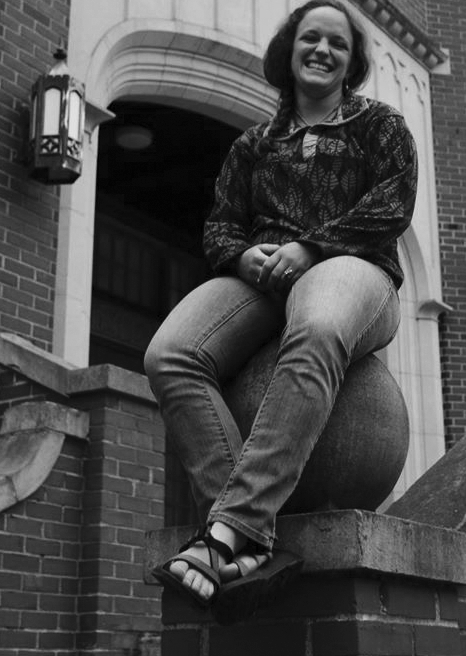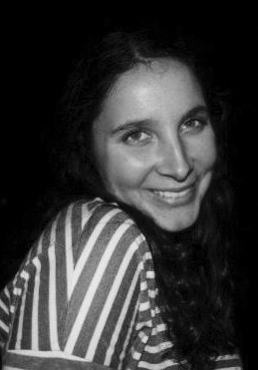
By Casey O’Brien



CEO of IBM in his time, founded the Watson Foundation which now administers
the Watson fellowship
The Thomas J. Watson fellowship is a unique fellowship program that has launched the academic and professional careers of over 2,800 individuals since its inception — fellows have gone on to become college presidents, CEOs, and Oscar, Grammy and Pulizer winners, according to the foundation’s website. This year, two of the 40 fellows selected are Loggers: Angelica Spearwoman and Carson Lyness. Spearwoman will be traveling to Thailand, India, and Australia. Lyness will be going to Columbia, Albania, Uganda and Ecuador. These two students were selected from 149 finalists that applied from forty partner institutions. The requirements of the fellowship are broad enough for students of any discipline to be able to apply. Recipients must conduct an original project outside of the United States for one year, during which time they cannot hold employment or be associated with any academic institution. In order to fund their travel, students receive $30,000 as well as health insurance and the equivalent of a years’ worth of student loan payments.
According to the foundation’s website, “[F]ellows conceive original projects, execute them outside of the United States for one year and embrace the ensuing journey. They decide where to go, who to meet and when to change course.” Lyness and Spearwoman will be departing in August for their journeys. Spearwoman will be studying violence against women in her year abroad, while Lyness will be studying river systems.
“I will spend time in Thailand, India, and Australia to examine these questions in different cultural contexts. I will engage with women and men in diverse cultures to understand the unique conditions and structures in place that influence the violence women experience,” Spearwoman explained in an email to The Trail. “In each space, I will make it a priority to work with both men and women, as I know that this struggle must be overcome together, even as women’s experiences of safety and violence differ around the world.” Spearwoman is interested in studying violence against women in part because of personal experience, as well as passion for the topic.
“Since losing my sister to murder, I have been deepening my understanding of the obstacles women face in my own community and abroad … While much of my drive to apply for the Watson is for and about my sister, my own parallel journey of looking at my body, my vulnerability, and my position as a woman has given me greater insight into the ways in which women are extremely susceptible to violence and oppression,” Spearwoman’s email read.
Lyness will be studying river systems and dams and how dams impact the surrounding community. “I’ll be looking into how a wide range of stakeholders relate to rivers in their communities and how dams in different stages of development impact that relationship. Rivers play many roles — homes, transportation, natural resources, ecosystems, and places for recreation — roles which often come into conflict,” Lyness stated in an email to The Trail. Lyness was also inspired by personal history and deep commitment to conservation. She wrote to The Trail, “Rivers have been part of my life since I was born and as I have gained more experience with them, both from personal trips and academic pursuits, they have become a driving force in my life. If someday I want to be able to take more formal steps to protect and celebrate rivers I feel like it is essential to understand how people interact with their rivers and what roles rivers play in our lives. Therefore I hope that I can gain a more holistic and broad understanding of rivers in a global context. I am also not sure what I think about dams on a personal level, I am not convinced they are good or bad, and I hope to challenge and expand my perspective on hydroelectric energy.”
Spearwoman and Lyness credit their Puget Sound education with helping them to get the fellowship. “I think that my Puget Sound education has helped shape me and has given me the tools I need to succeed as a Watson fellow. My experience both inside and outside the classroom has opened my eyes to other ways of thinking and existing in this world and for that I am eternally grateful. Also, the fellowships office was extremely supportive throughout and the writing advisors in the CWLT helped strengthen my application as well,” Spearwoman said in her email.
Lyness agreed. As she said in her email: “[m]y UPS education provided me with the framework within which I can explore my personal questions. For example [in] my EPDM minor I learned how complex environment issues can be when there are so many different stakeholders who all play a role in decision making. In addition, pretty much all of the classes I have taken at UPS have helped me to be able to both articulate, defend, and challenge my own opinion [sic].” Since 1994, Puget Sound boasts the accomplishments of 26 past Watson Awardees. The University website features a information on a number of these scholars, as well as instructions for students who would like to apply.
